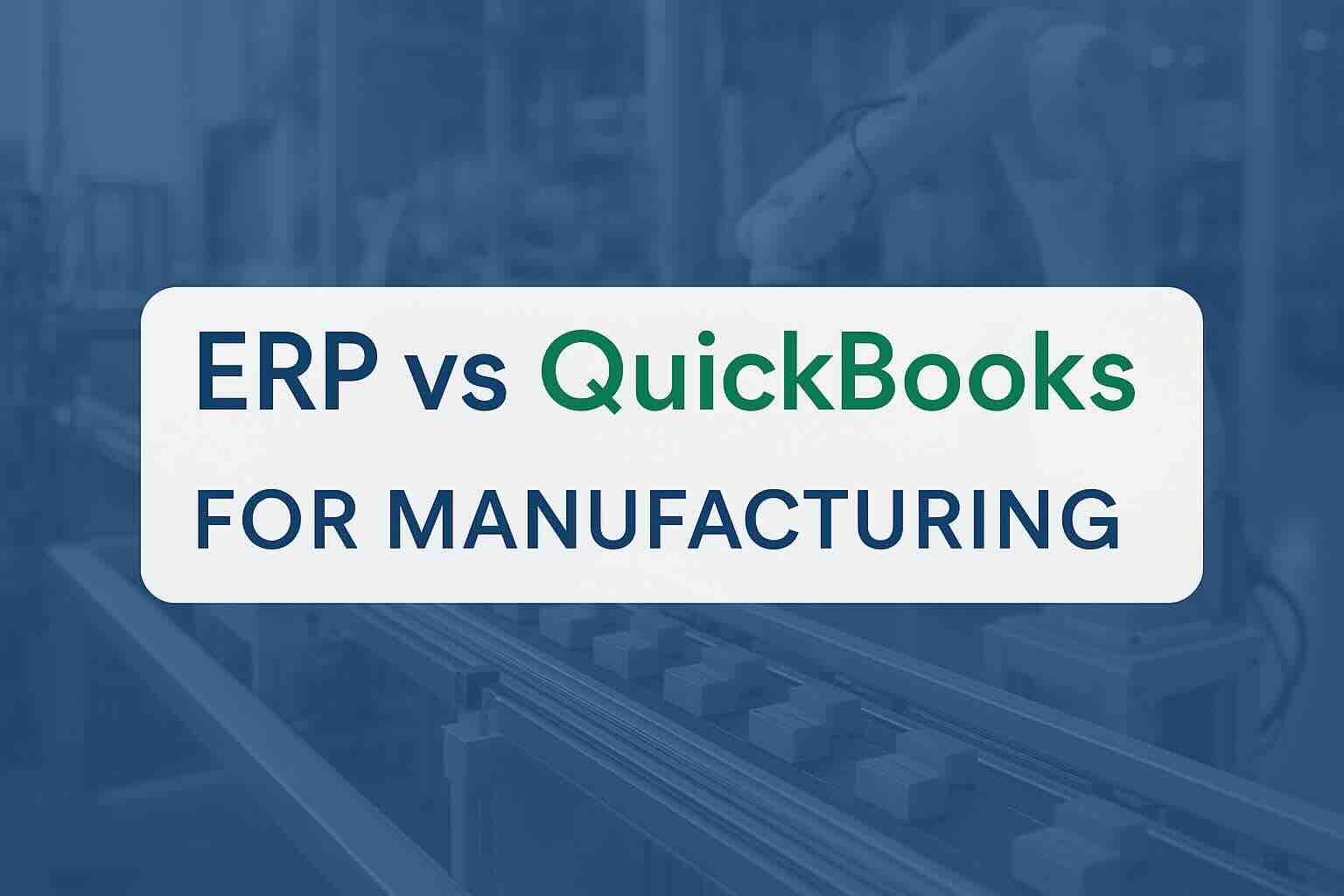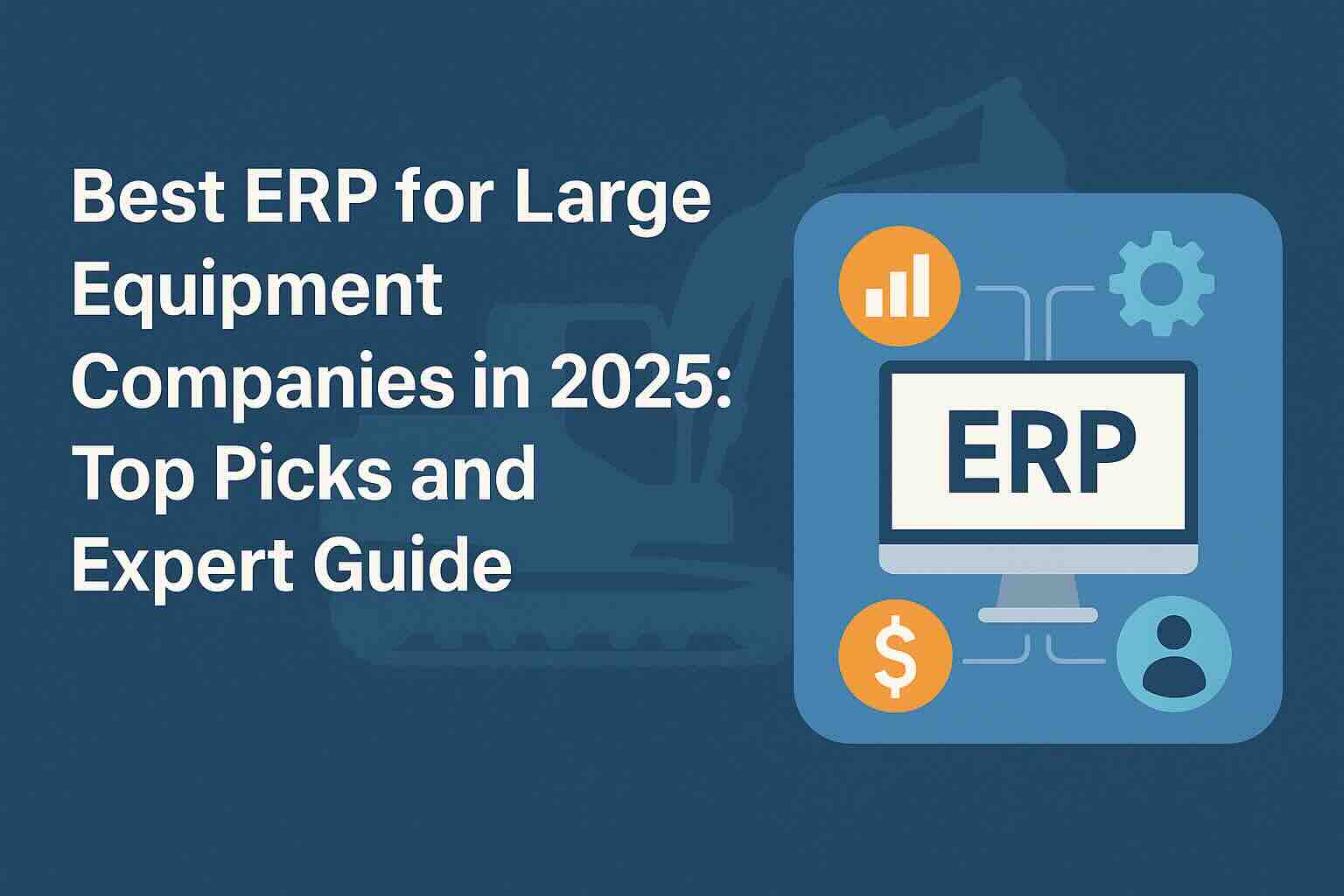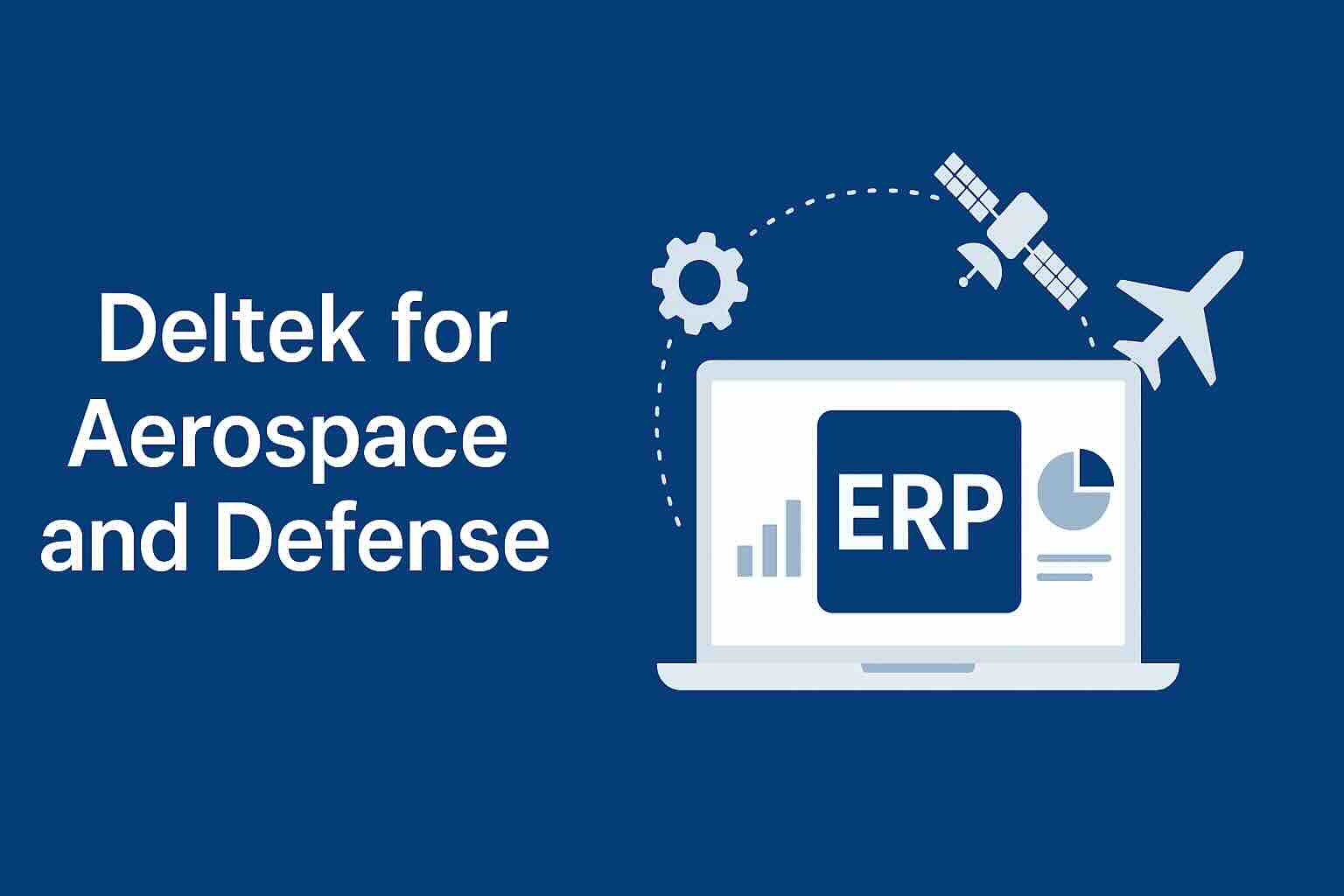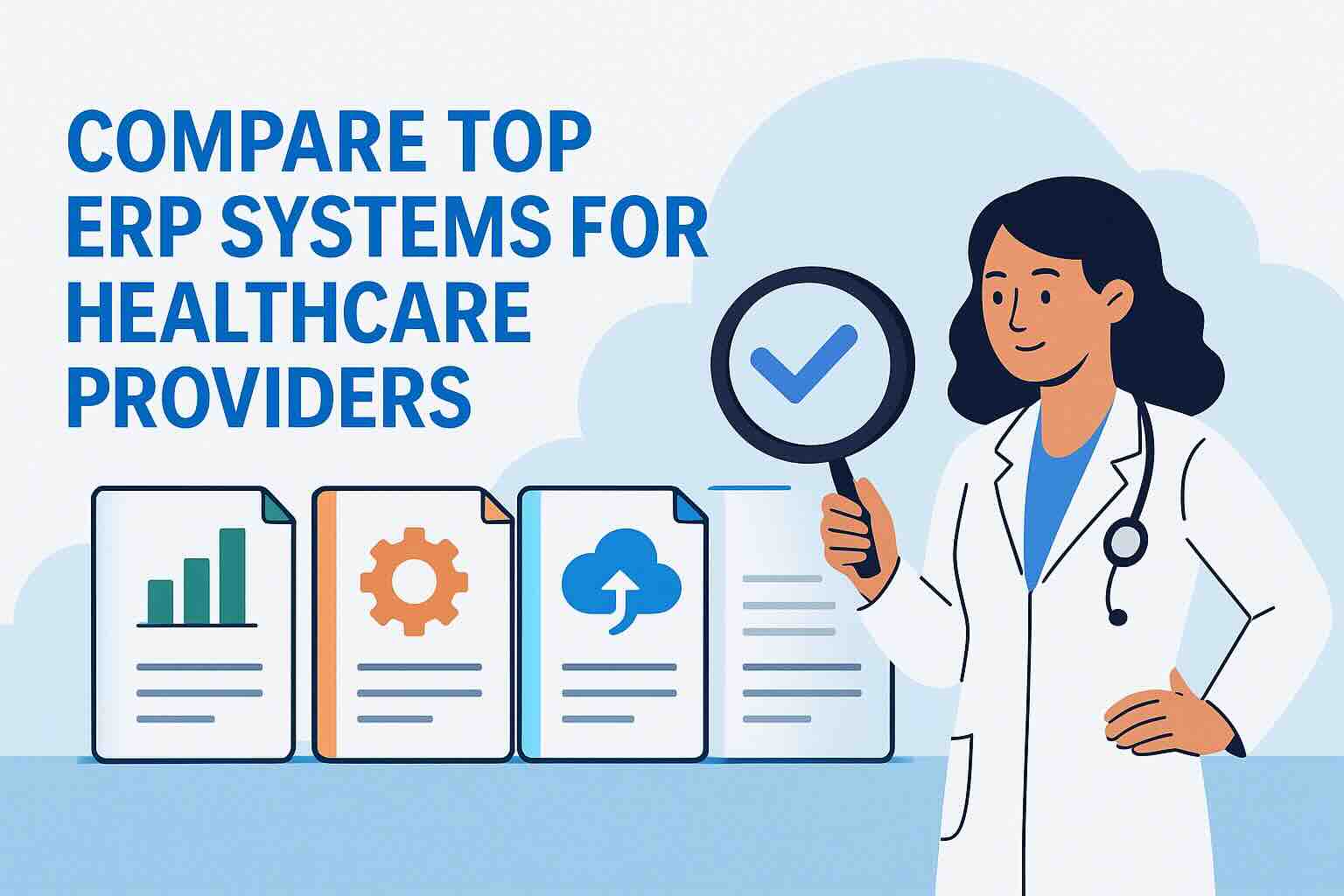Is Oracle Cloud a Good ERP for Healthcare?

It is essential that healthcare organizations are equipped with an efficient and comprehensive enterprise resource planning (ERP) solution. Among the wide range of options available on the market, Oracle Cloud ERP stands out for healthcare providers looking to improve their operational efficiency and patient care delivery.
Here, we delve into Oracle Cloud ERP for healthcare, exploring how well it supports the specific needs and challenges of a vital industry.
Oracle Cloud ERP: Key Strengths
Comprehensive Healthcare Solution.
Oracle Cloud caters to the complex demands of the healthcare sector. With a cloud-based architecture, it provides scalability and accessibility, both of which are vital in an industry where real-time data and remote access are essential. Moreover, Oracle Cloud ERP streamlines operations, from patient management to supply chain optimization.
Financial Management & Compliance.
Oracle Cloud ERP offers financial tools that provide in-depth insights and help healthcare providers to control over budgeting, expenditure and revenue cycles. It’s able to handle financial complexities and ensure compliance with healthcare regulations.
Supply Chain Optimization.
The advanced supply chain management module allows healthcare providers to streamline their procurement processes, maintain their inventory levels and manage vendor relationships efficiently. This improves cost control and minimizes the risk of supply shortages, both of which can be critical in healthcare environments.
Human Capital Management.
Healthcare organizations rely heavily on their workforce, so it’s crucial that they manage their people well. Oracle Cloud’s HCM suite provides a range of tools for workforce management, including staffing, scheduling and performance evaluation.
Patient & Data Management.
Oracle Cloud offers robust data management capabilities, ensuring secure and efficient handling of patient records. This enables personalized patient care and improves operational efficiency by reducing data-related errors.
Scalability & Integration.
Oracle Cloud ERP’s cloud-based infrastructure allows for scalability and flexibility; integrating seamlessly with other healthcare systems and technologies, such as electronic health records and telemedicine platforms, it’s a versatile choice for healthcare providers.
What Are Oracle Cloud ERP’s Limitations?
Complexity & User Learning Curve.
The scope of Oracle Cloud ERP can also be a drawback. The system’s complexity may require a significant learning curve for users, particularly in healthcare settings where staff may not have extensive technical skills or training.
Cost Implications.
Implementing and maintaining Oracle Cloud ERP can be expensive – healthcare organizations, especially smaller ones, may find the investment substantial.
Customization Requirements.
While Oracle Cloud ERP is highly customizable, achieving the right configuration to meet specific healthcare needs can require additional time and resources.
To conclude: Is Oracle Cloud ERP the Solution For You?
Oracle Cloud ERP is a competitive solution for the healthcare industry, particularly for its capabilities in financial management, supply chain optimization, HCM, patient and data management, scalability and integration. However, healthcare providers should weigh these strengths against the system’s complexity, cost implications and customization requirements, to determine if Oracle Cloud ERP aligns with their organization’s specific needs and resources. Click this link to find out more about Oracle Cloud.
To compare Oracle Cloud with 100s of other ERP solutions, you can use our new AI-powered Compare ERP tool. It’s free to use and you get a guaranteed discount on your first year’s licence fees with a referral from Compare ERP.









